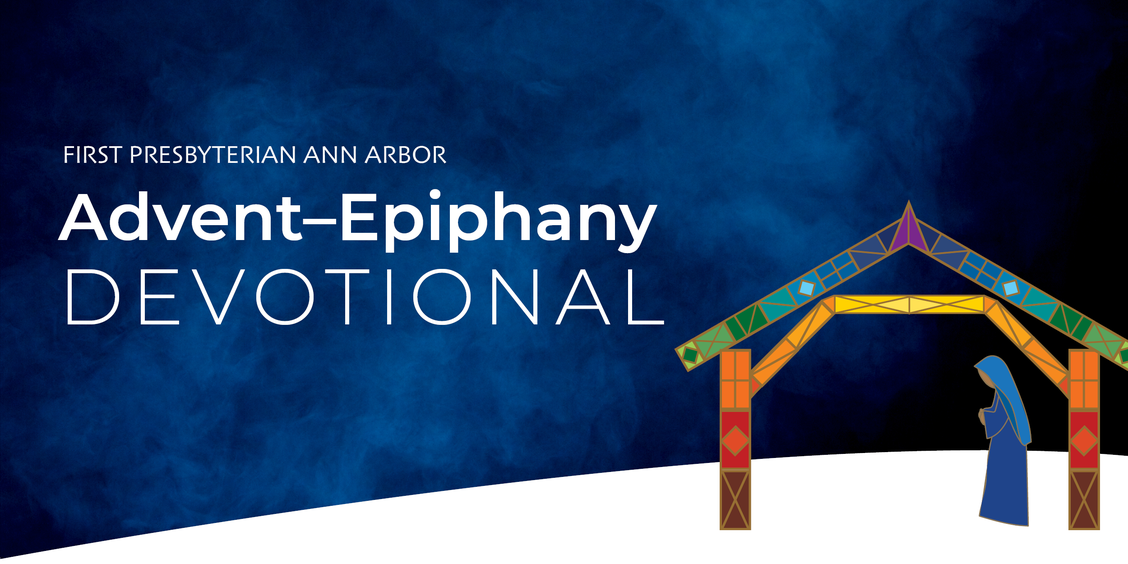
The Appearing Grace: Living and Waiting in Christ
The grace of God has appeared, Barth tells us, and it is no abstract concept or fleeting feeling. It is found in a person, Jesus Christ, in whom God has concluded His eternal covenant with humanity. This is why, in the Early Church, this passage was read on Christmas Day, for in the coming of Christ, “the grace of God hath appeared.” This grace, Barth emphasizes, is universal: it brings “salvation to all men.” In Christ, salvation is not reserved for a select few but extends to every person, breaking down barriers and reaching across the world. Yet grace does more than save—it also teaches. Barth reminds us that it is “grace itself and as such (incorporated in this person),” not something that precedes or follows grace, that instructs us. Grace is both the principle and the command, shaping us ethically and sanctifying us through its own power.

Angels in the Field: A Reflection on Witness and Glory Based on Barth’s CD III.3, 505
The night was ordinary, or so it seemed. Shepherds watched over their flocks in the stillness of the fields, their lives shaped by routine and the simple rhythms of the earth. But on this night, heaven broke into the mundane. An angel of the Lord appeared to them, and the glory of God—brilliant, otherworldly, and unmistakable—shone around them. It was not the kind of glory that blinds or terrifies, but the kind that enlightens, liberates, and calls. The shepherds, startled yet captivated, would soon embark on a journey that would change them forever.

An Advent Devotional: Psalm 18:28
The Hebrew word for “light” in the first clause, tā-ʾîr, comes from the root ʾwr, meaning to dawn, shine, or ignite. This imagery is rich and transformative, evoking the power of God’s light to pierce the deepest darkness. The psalmist’s words reflect a profound truth: God’s presence brings not only clarity and direction but also the strength to endure and overcome life’s challenges. The theologian Karl Barth describes Psalm 18:28 as a vivid expression of God’s empowering work in the life of the believer (see Barth, CD IV.1, pp. 605–608). For Barth, the image of God lighting the psalmist’s lamp is not merely poetic—it’s a declaration of divine grace breaking into human frailty. The “lamp” represents hope, vitality, and renewal, illuminated by God’s redemptive and restorative presence. The darkness that the psalmist describes encompasses the weight of Sin, despair, and external threats, but God’s light transforms this reality, offering new strength and a future filled with promise.

An Advent Devotional: Phil. 1:3-11
Paul’s peace (eiréné) is literally a tying together—in Greek, the word derives from eirō (to tie together). Joined together in life’s creative wholeness, the united community of God, which “[shares] in the gospel” (koinōnia), joyfully perseveres through all hardships in thanksgiving and gratitude.